Mikal Abdullah is an entrepreneur, Brazillian Jiu-Jitsu coach, and competitor, founder of Aces Jiu-Jitsu Club, U.S. Army Veteran, and professional fighter. Mikal’s diverse background makes for some very interesting conversation in this latest episode. Emily and Mikal talked about an array of topics including: entrepreneurship, problem-solving, branding, the military mindset, leadership, and more.
046 - How NLP Improves Your Communication and Marketing - Corina Frankie
NLP skills enhance your communication, performance, and relationships. How can we apply these principles to designing voice applications and marketing?
#Voicefirst terminology note: when we say “NLP skills” in this episode, we are not referring to natural language processing or Alexa skills, unless specified.
Corina and Emily discuss Neuro-Linguistic Programming (NLP) in relation to two applications:
From an introspective or self improvement lens, NLP can help you update the operating system of the mind to be more effective in communicating especially in business and sales.
From a marketing and voice technology perspective, a deep dive into language processing is paramount to build effective voice experiences for consumers. As we design more experiences based on voice with assistants like Alexa, Google, Siri, and Bixby, marketers and designers have to harness the power of language more effectively than ever.
Corina Frankie, CEO & Founder of Brand Besties and Certified NLP Coach
Show notes and timestamps:
02:25 “NLP (Neuro-Linguistic Programming) is collection of practical techniques, skills, and strategies that lead to excellence.” -Corina
NLP helps businesses align their values and organization to build rapport with clients and staff and better understand needs and motivations of their customers
03:45 Effective questions lead someone to the answer they may already have
04:10 Language matters - how we communicate and interact with ourselves and others
04:30 NLP helps us understand how the brain works: how do we process information on the inside that comes to us from outside events or experiences? The internal representations we make about an outside event are not the event itself.
05:00 What does it mean if your boss gives you more work than your coworkers? The internal representation (processing) is not necessarily the reality of the event.
06:00 How do we create the thinking we have? Where are customers, clients, and staff coming from in specific situations?
06:20 How do we get someone to want to buy something?
Corina Frankie is a speaker and coach based in Austin, Texas. She specializes in NLP training.
06:40 Everyone has a pain or need. A business tries to solve it. But everyone sees their pain differently.
07:00 Car buying example: do you see, hear, or learn about the car by grasping it?
07:20 Visual, auditory, or kinesthetic apply to a buying decision - are you applying these across messaging to align with your customer?
08:00 Mismatch of enthusiasm and energy (current model of someone’s world) is jarring and can ruin a sale or negotiation
08:40 We are hardwired to mirror each other - this helps
10:00 With Alexa skills or Google actions and other voice apps brands need a consistent, holistic sonic identity to match the rest of their positioning
11:00 NLP 4-Mat System:
The basic premise of the 4-Mat system is that we all have different learning styles. Some people are motivated by Why? questions. They want to know why they are listening to this talk. Others by What? questions; they want information…and probably lots of it! The How? people want to get on and do an exercise, get their hands on it and try it. Then there are the What if? people who want to know how this material applies to their life, workplace or environment.
12:10 The Charisma Pattern plays on kinesthetic, visual, and auditory pattern) - with a voice skill, how do you create a feeling or experience with the way you speak?
13:20 Corina demonstrates slowing down and dropping her voice- like the recommendation for the late night FM radio DJ voice from Never Split the Difference by Chris Voss (highly recommend this book! Click here to order on Amazon.)
14:02 People will tell you their primary representational system if you just listen to their language - pay attention to predicates and verbs people use
14:45-16:04 Corina asks clients their vision for an experience she will create with Brand Besties - she listens for their predicates to find out if they are visual or kinesthetic so she can close the sale by speaking their language, e.g. “Picture this…” vs “How does this feel?…”
16:20 Feeling predicates sheet (PDF)
Connect with Corina Frankie:
Brand Besties - Event Staffing and Promotional Modeling Agency
More about NLP training, coaching, and workshops: email corina (at) corinafrankie (dot) com
Twitter: @CorinaFrankie
Instagram: @CorinaFrankie
Sign up for Corina’s newsletter
Our Sponsor
With Trinity Audio, publishers and bloggers can turn their readers into listeners by turning their written content into lifelike speech. All it takes is a short snippet of code to audiofy your website. Get started for free at trinityaudio.ai





